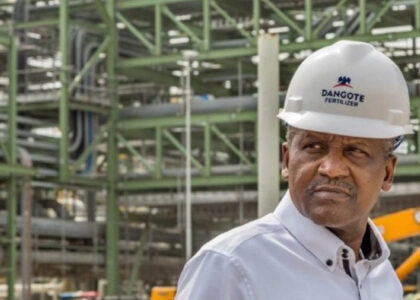Fifteen years after History was removed from Nigerian schools, the subject is finally making a comeback, this time with a new twist.
The Federal Ministry of Education announced on Wednesday, September 17th, a major curriculum change for the first time in over a decade. Nigerian pupils will study History as a subject beginning from Primary 1 to JSS3, while students in Senior Secondary School (SSS1–3) will study a new subject called Civic and Heritage Studies, which integrates History with Civic Education.
This transformational move has sparked conversations among teachers, education experts, parents, and others, especially at a time when many young Nigerians are disinterested and have distanced themselves from national values and historical knowledge.
In 2009, History was removed from the basic education curriculum, a decision which was intensely criticised for leaving generations of students with little or no knowledge of Nigeria’s past. Some Nigerians may see this triumphant return as merely an opportunity to memorise dates and events, but history is more than that.
It offers students the opportunity to reconnect with their roots, learn the values of unity and citizenship, unlearn patterns that have caused national pitfalls, understand laws and rights, and preserve cultural and historical memories.
For senior secondary school students, the blend of History with Civic Education enables the learning process to be both practical, impactful, and inspiring. The teaching of the subject won’t just be about “what happened,” but also about “what it means and how it affects the future.”
Challenges to teaching history in Nigerian schools
The initiative announced by the federal government is commendable; however, concerns and challenges remain that need to be addressed for the curriculum to be sustainable.
First of all, many schools across Nigeria lack trained History teachers, especially in rural areas. The government should organise training for urban and rural History teachers.
Beyond teachers, learning materials are also essential. Relevant and updated textbooks, as well as digital content, must be provided for all secondary schools, and they must accurately reflect Nigerian and African narratives.
Careful and effective planning is crucial for the successful implementation of the curriculum. Are there groups or agencies set up to monitor and ensure that all secondary schools include History in their list of subjects? Without this, the new curriculum risks becoming another policy announcement that appears promising on paper but fails to deliver in classrooms.
Lastly, the Nigeria education budget still falls below the United Nations Educational, Scientific and Cultural Organization (UNESCO) recommended 15–20% of national expenditure, which raises questions about the sustainability of this curriculum. The funding budget needs to be increased for the effective implementation.
The return of History and the introduction of Civic and Heritage Studies to secondary school classrooms is more than an academic reform; it is a step toward shaping the citizens’ minds to be well-informed and patriotic. However, the success of this move will depend on whether the government backs it with the right plan, funding, resources, and adequately skilled instructors.





